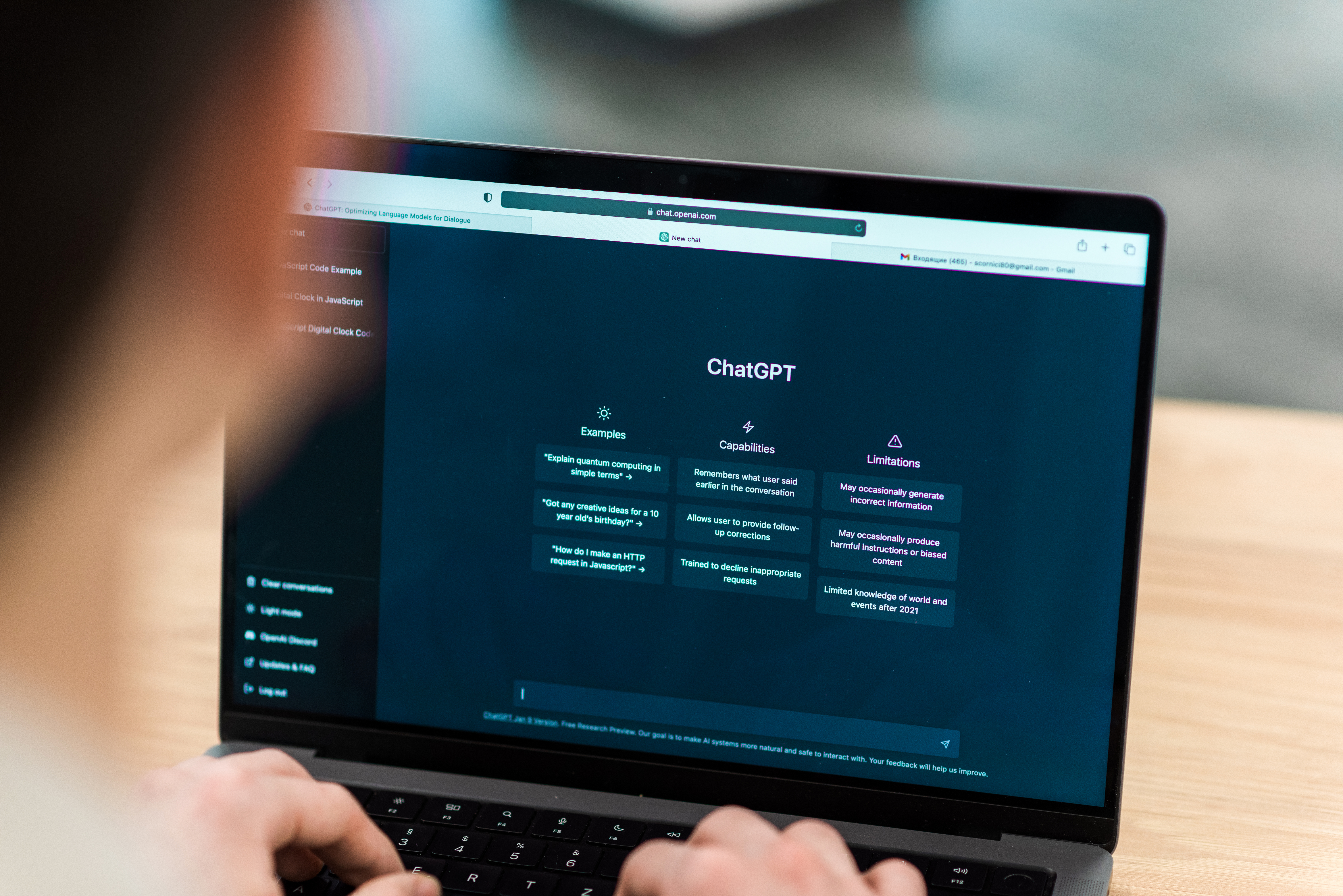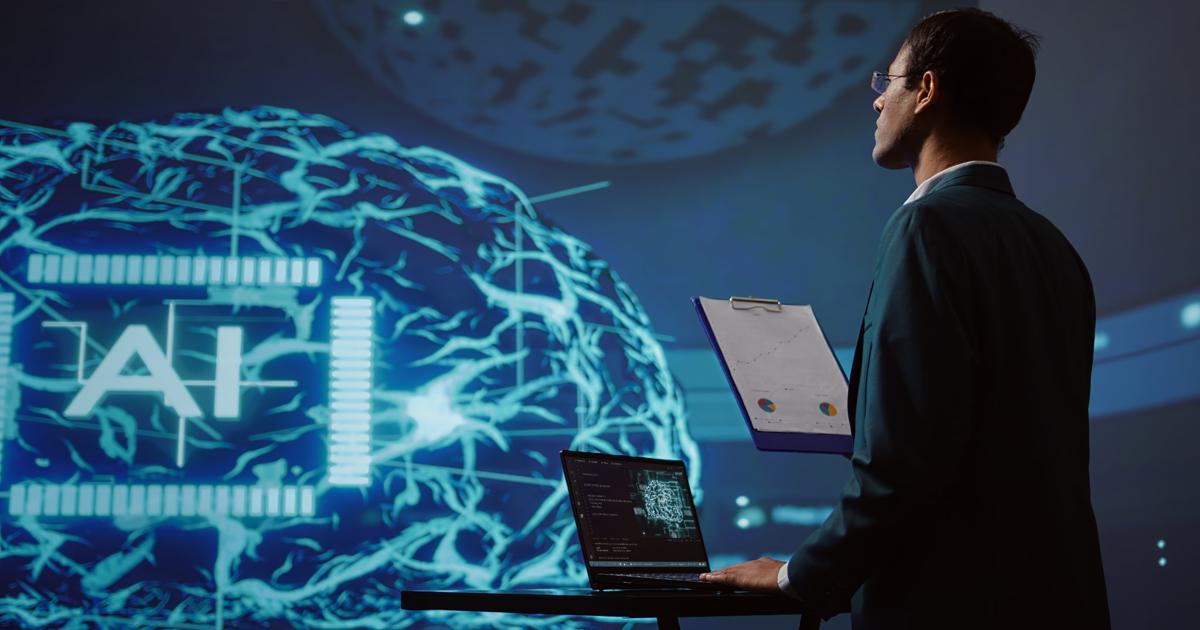Wednesday, August 30th 2023
Should HR Teams Embrace ChatGPT? A Perspective from an IO Psychologist

As an Industrial-Organizational (IO) Psychologist with a deep understanding of human behavior in the workplace, I am often tasked with evaluating how new technologies can impact HR practices. The rise of AI-powered tools like ChatGPT has brought both excitement and apprehension to HR teams. In this blog post, I will explore the potential benefits and drawbacks of embracing ChatGPT in HR functions and shed light on whether encouraging wider company usage is a prudent choice, while keeping in mind that perspectives from different departments must be considered.
The Pros of Embracing ChatGPT in HR
1. Enhanced Efficiency and Productivity: One of the main advantages of using ChatGPT in HR is the potential to streamline various processes. HR teams can leverage ChatGPT for routine administrative tasks like answering FAQs, scheduling interviews, and handling benefits inquiries. This allows HR professionals to focus on more strategic and high-value activities.
2. Improved Candidate Experience: ChatGPT can be integrated into recruitment processes to provide candidates with quick responses and updates, enhancing their overall experience. Real-time interactions can help candidates feel valued and engaged, reflecting positively on your company's brand.
3. 24/7 Availability: ChatGPT operates around the clock, ensuring that employees and candidates can receive assistance and information at any time. This can be especially beneficial for global organizations with employees in different time zones.
4. Consistency and Compliance: ChatGPT's responses are consistent and free from biases, ensuring that all employees and candidates receive accurate and equitable information. This helps maintain compliance with HR policies and regulations.
5. Data-Driven Insights: ChatGPT can collect and analyze data from interactions, providing HR teams with insights into common inquiries, concerns, and trends. This information can guide decision-making and help identify areas for improvement.
The Cons of Embracing ChatGPT in HR
1. Lack of Personalization: While ChatGPT offers efficiency, it might lack the personal touch that human interactions provide. HR functions often require empathy and understanding, which an AI tool might struggle to replicate.
2. Complexity and Adaptation: Implementing ChatGPT requires significant planning, integration, and training. HR teams must ensure that the technology aligns with their processes and can adapt to unique situations.
3. Potential Misunderstandings: Misinterpretations or inappropriate responses from ChatGPT could lead to misunderstandings or even legal issues. HR teams must continuously monitor and refine the tool to ensure accurate communication.
4. Employee Resistance: Employees and candidates may have reservations about interacting with a machine rather than a person, particularly when discussing sensitive matters like career development or grievances.
5. Initial Investment and Maintenance: Integrating ChatGPT into HR processes requires an initial financial investment for setup, customization, and training. Additionally, ongoing maintenance and updates are necessary to ensure the tool's effectiveness.
Encouraging Wider Company Usage: A Balancing Act
As an IO Psychologist, I understand the importance of considering the broader implications of embracing ChatGPT across the entire organization. Encouraging wider company usage of ChatGPT should be approached with caution and a thorough understanding of the potential consequences.
Pros of Wider Company Usage:
1. Consistency in Communication: With widespread adoption of ChatGPT, there is potential for standardized and consistent communication across departments. This can reduce misinformation and improve organizational clarity.
2. Accessibility: Employees from various departments can access information and support through ChatGPT, eliminating the need to wait for HR personnel to respond.
Cons of Wider Company Usage:
1. Over Reliance on AI: Relying solely on ChatGPT for communication may lead to diminished interpersonal skills within the organization. Human interactions foster collaboration, creativity, and emotional intelligence.
2. Job Insecurity Concerns: Wider company usage might spark concerns among employees about job displacement, particularly for roles that involve routine communication tasks.
3. Depersonalization: The sense of belonging and personal connection that comes from human interactions might be compromised if ChatGPT becomes the primary mode of communication.
Consideration of Different Perspectives
While the perspective of an IO Psychologist highlights the potential benefits of ChatGPT integration in HR, it's important to acknowledge that executive teams, the IT department, the legal department, and other managers will have different viewpoints. Executive teams may prioritize cost-effectiveness and ROI, while the IT department may focus on technical feasibility and data security. The legal department will need to ensure compliance with privacy laws and regulations.
In conclusion, the decision to embrace ChatGPT in HR and encourage wider company usage is multi-faceted. From an IO Psychologist's perspective, the technology holds promise for enhancing efficiency, improving candidate experiences, and providing data-driven insights. However, the potential drawbacks such as depersonalization and misunderstandings must be carefully considered. It's imperative to approach this decision collaboratively, taking into account the insights and concerns of various stakeholders across the organization. The balance between technology and human interaction should be struck thoughtfully, as both are integral to a thriving and harmonious workplace.
Recent blog posts


